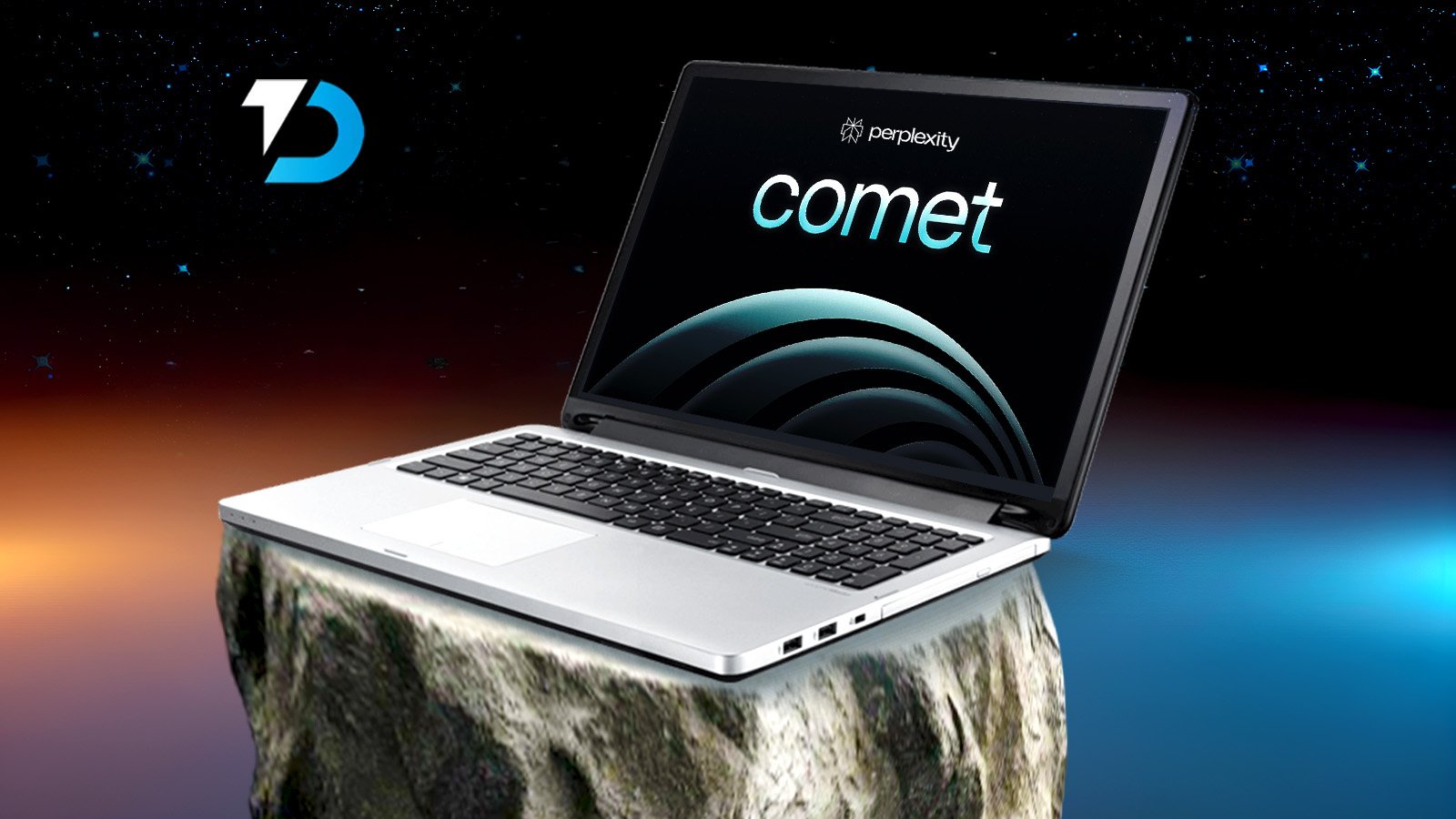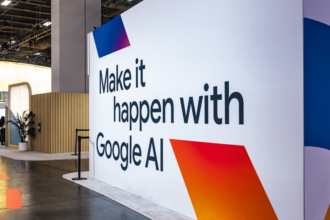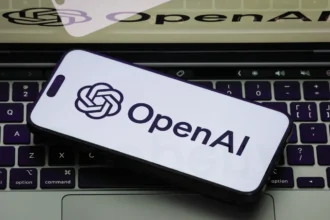Amid the ongoing AI browser wars, Perplexity aims to challenge dominant players like Google Chrome. The Perplexity AI browser comes with a built-in smart search feature that provides AI-generated summaries and automates routine tasks to save users time.
Recently, Perplexity launched its AI-native browser, Comet, exclusively for premium users subscribed to its $200/month Max plan. This intelligent web browser is built on Chromium and supports the import of extensions, settings, and bookmarks from major browsers such as Google Chrome, Microsoft Edge, and Safari.
What is the Perplexity AI Browser?
The Perplexity AI Browser is made to help people browse the internet more easily and get things done faster. Instead of just showing web pages, this smart browser allows users to complete tasks within the browser, making online work smoother and more useful.
It includes the Perplexity AI Assistant, built into Comet, which gathers information from across the web, just like AI tools such as ChatGPT and Gemini. It gives quick answers and clear summaries to help users save time.
Comet also works well with other browsers like Chrome and Edge, so switching to it is simple and hassle-free.
In short, Perplexity’s goal is to make the internet more helpful and human-friendly by using AI to improve the way we search and interact online.
What are comet’s AI features?
The AI-powered Comet browser by Perplexity acts as a smart online assistant, enhancing users’ research capabilities while saving valuable time. Its advanced features are redefining traditional browsing experiences:
- Summarize articles and videos
- Schedule meetings and manage calendars
- Compare products efficiently
- Clean up unused tabs automatically
- Provides personalized results without compromising privacy.
Comet also uses Perplexity’s own AI search engine, offering fast, summarized answers with source links. This positions it as a strong competitor to Google Search, which currently dominates with 68% of the global market share.
How does Comet prioritize user privacy?
The Comet AI Browser is designed with features that put user privacy first. Here’s how it safeguards your personal information:
- The AI browser locally stores your data and does not use it to train AI models.
- Offers ad-free browsing features; users can block unwanted ads.
- Uses local browsing history to personalize results without sharing data online.
- Gives users control over what information websites can track during browsing.
Nvidia’s investment powering Perplexity browser
On January 4, 2024, Nvidia Corporation, the global leader in GPU technology, announced its participation in Perplexity AI’s Series B funding round. During this round, the AI startup raised $73.6 million, which played a crucial role in the development of its AI-powered browser, Comet.
In addition to Nvidia, Amazon founder Jeff Bezos also made a notable investment in the project. These contributions from major tech figures have helped establish Perplexity as a serious competitor in the AI browser market.
The involvement of Nvidia and Bezos also highlights Perplexity’s alignment with Nvidia’s “Sovereign AI” vision, a goal that supports platforms in becoming self-reliant while using Nvidia’s computing infrastructure.
Today, Nvidia continues to support Perplexity, contributing to its rapid growth and helping the company reach a multi-billion-dollar valuation.
Comet’s limitations
Though the new AI-powered web browser introduces many innovative features, it still has some limitations. Let us discuss some of its limitations:
Here are some key limitations:
Inconsistent task execution
Comet AI agents lack task execution. For example, in an experiment, the AI assistant mentioned the wrong dates for parking reservations. It seems, in the coming days, Comet will struggle to perform complex tasks while increasing the chances of inaccurate results.
Restricted website interaction
Now many top websites like YouTube have imposed restrictions on AI tools regarding interactions. As a result, Perplexity’s AI browser will not be able to automatically post comments.
Lack of transparency
Users cannot track AI activities. Some experts suggest that Perplexity must add visual records of AI actions to maintain transparency and win users’ trust. Lack of visibility can reduce user trust.
Data access and user concerns
Next-Gen Browser by Perplexity AI may request access to personal data like Google emails, contacts or calendar to perform advanced tasks. Though it enhances the functionalities of the AI assistant but may make users uncomfortable. Because some fear losing control over what AI does with that information.
Still a work in progress for complex tasks
The world is seeing Perplexity AI browser as a Google Chrome competitor. It shows great potential but still feels like work is in progress. The advanced AI browser lacks accuracy, so users cannot rely on it completely.
The future of web interaction
The launch of the Perplexity AI browser allows users to clearly see the future of web interaction. It answers users’ questions in real time to help them understand their subject more clearly. Each feature improves the web experience and workflow.
Final Thoughts
AI features Perplexity’s web browser to make the web experience more engaging. The advanced AI browser will gain a strong market position in the market but expecting users to make a sudden shift to it is not a rational approach.
Users will think more than twice and thrice before paying $200 per month for a web browser. Especially when they have access to browsers like Google Chrome, Microsoft Edge, and others.
Are you curious about how AI-powered browsers function? Stay connected with Tech Detour and get the latest insights about the tech world.




















